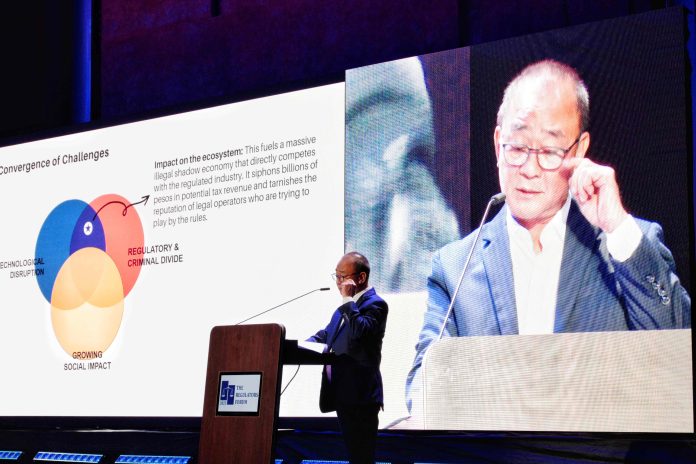
PAGCOR has recently unveiled a three-pronged gaming education framework aiming to combat the growing threat of illegal online gambling in the Philippines. Dr. Angelito Domingo, PAGCOR’s Vice President for Human Resource and Development, introduced this framework at the inaugural Asia-Pacific Regulators’ Forum held on September 11, 2025, at Newport World Resorts. The framework centers around player education, operator training, and public outreach, recognizing that technology, criminal motives, and social concern are combining to form what PAGCOR describes as a “perfect storm” that endangers the integrity of the legal gaming industry.

Under the education component, PAGCOR aims to increase awareness among gaming users about the risks of participating in unlicensed platforms, including financial loss, identity theft, and lack of regulatory recourse. For operators, the training will cover regulatory compliance, ethical standards, safer gaming practices, and ways to identify and counter illegal market practices. The public outreach wing intends to involve non-governmental organizations, community groups, and regulatory agencies to spread knowledge and help shape public opinion and behavior around online gambling.
These efforts come amid broader, mounting pressure on the Philippine gaming sector. Some lawmakers have floated proposals to ban online gambling altogether, citing concerns over addiction, harm to vulnerable populations, and the proliferation of illegal operators. But PAGCOR leadership—including Chairman Alejandro Tengco—has argued that what is needed is stricter regulation, better accountability, and more robust consumer protection rather than an outright ban. The PlaySafe Alliance of the Philippines—composed of 19 licensed operators—has also aligned with these goals, forming industry-wide cooperation to bolster compliance, responsible gaming, and public education.
If successfully implemented, the education framework could help reduce the influence of illegal operators, protect consumers, and improve the reputation of the legal gambling industry in the Philippines. But challenges remain: ensuring effective enforcement, closing off illegal websites and apps, controlling marketing and advertisements, and making sure that education programs reach the people most at risk. The balance between enabling industry growth (which contributes significantly to government revenues) and protecting social welfare will be crucial in determining whether these plans yield long-term improvements in the sector.

 Content Writer: Janice Chew • Monday, 25/09/2025 - 20:59:29 - PM
Content Writer: Janice Chew • Monday, 25/09/2025 - 20:59:29 - PM